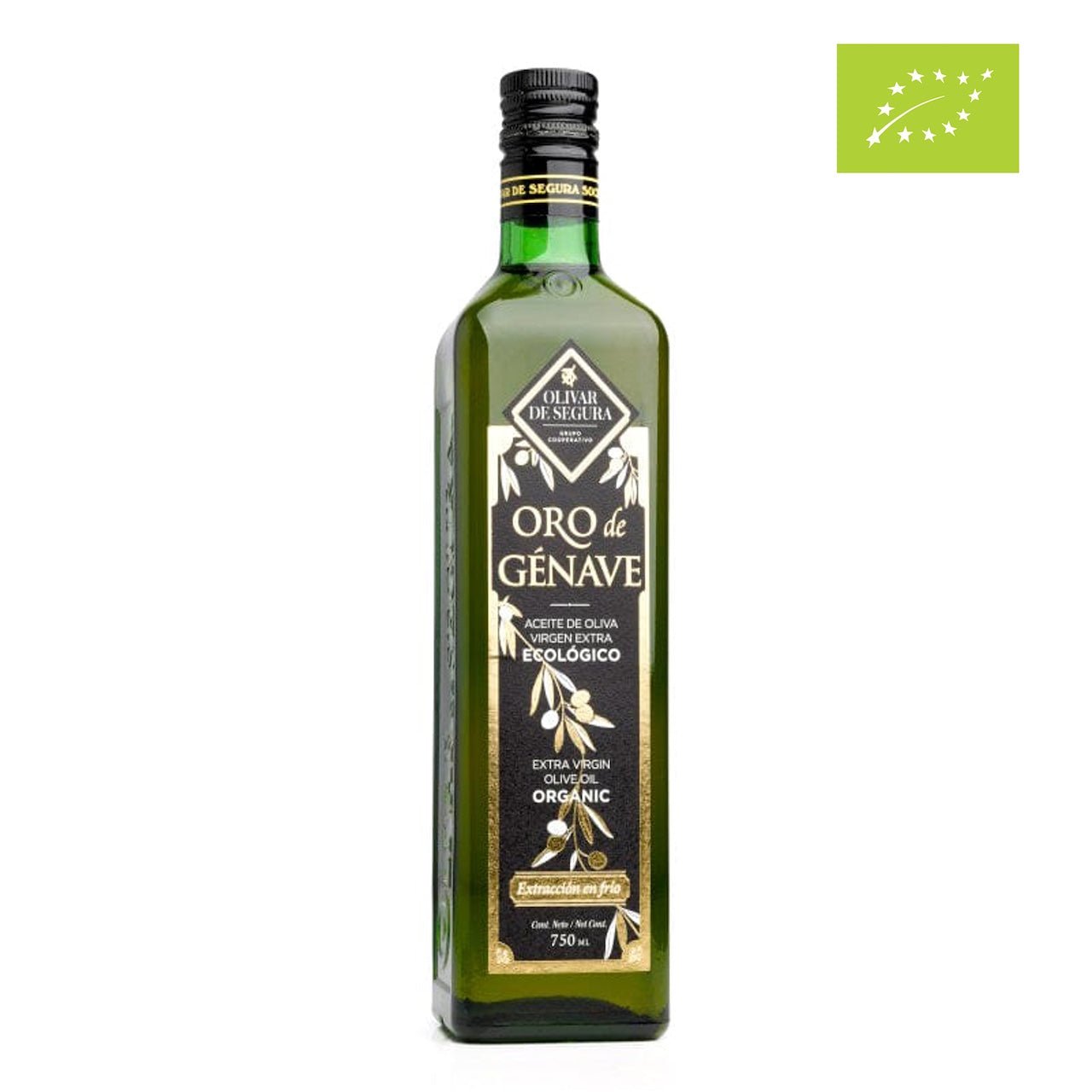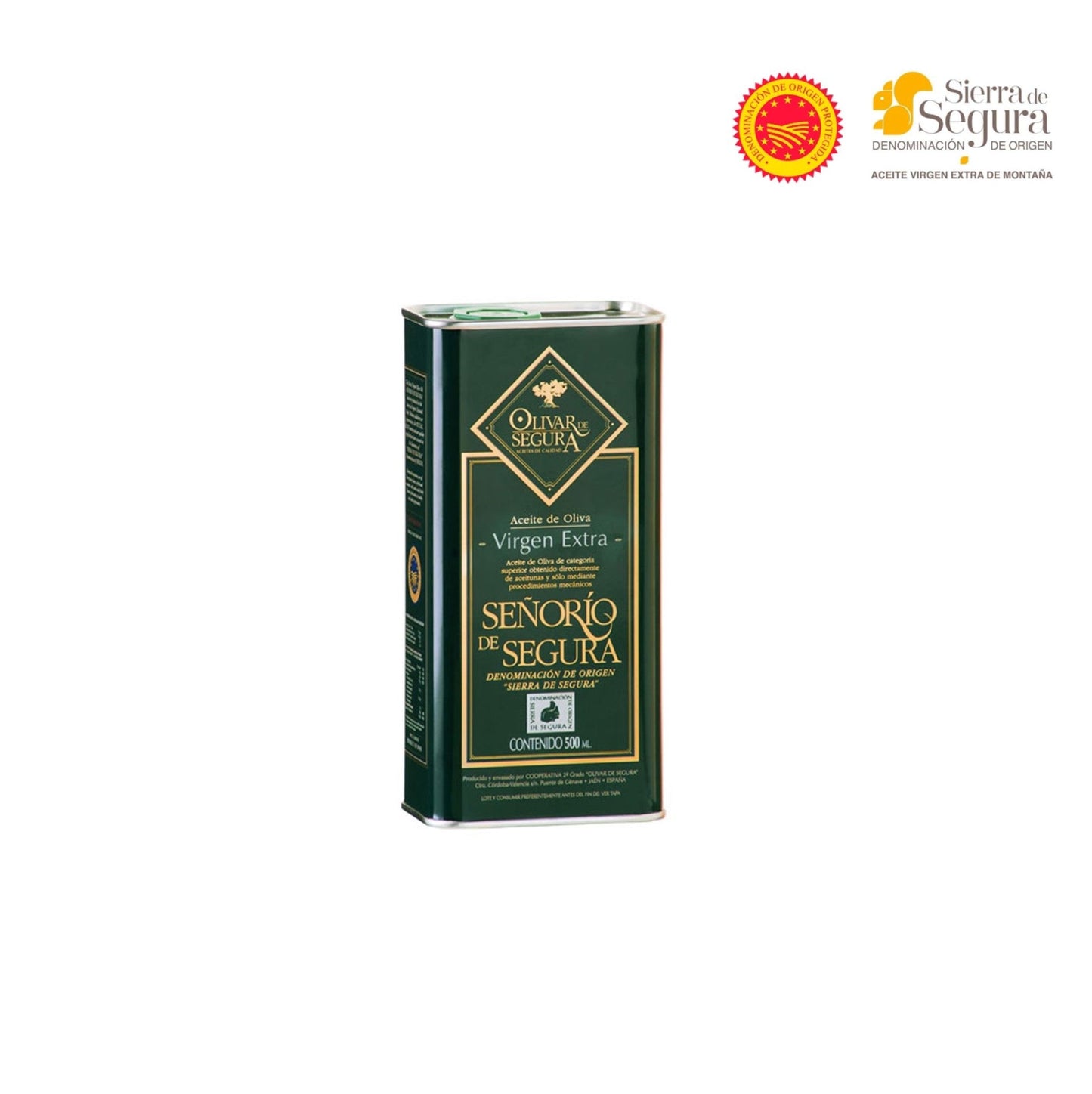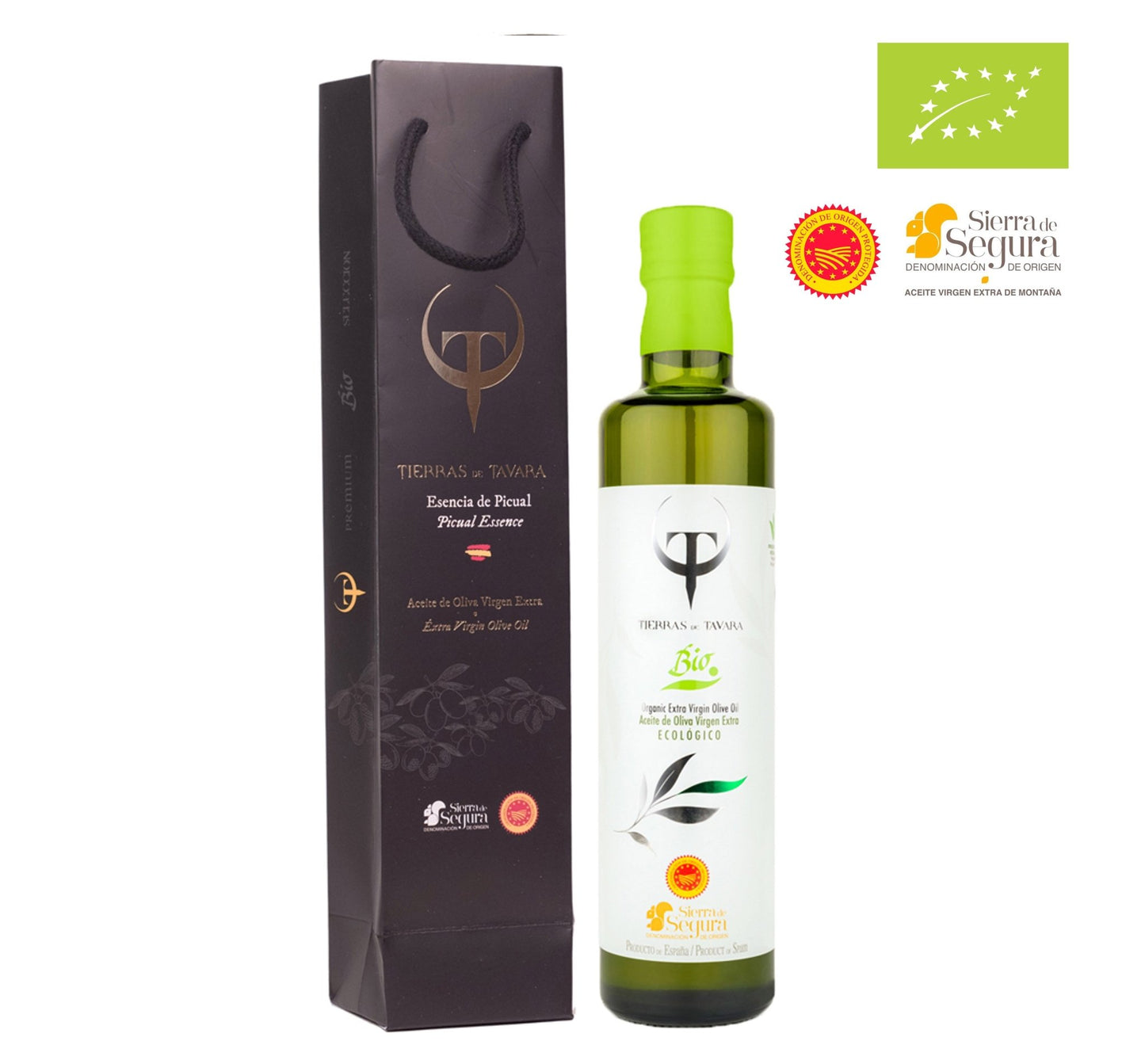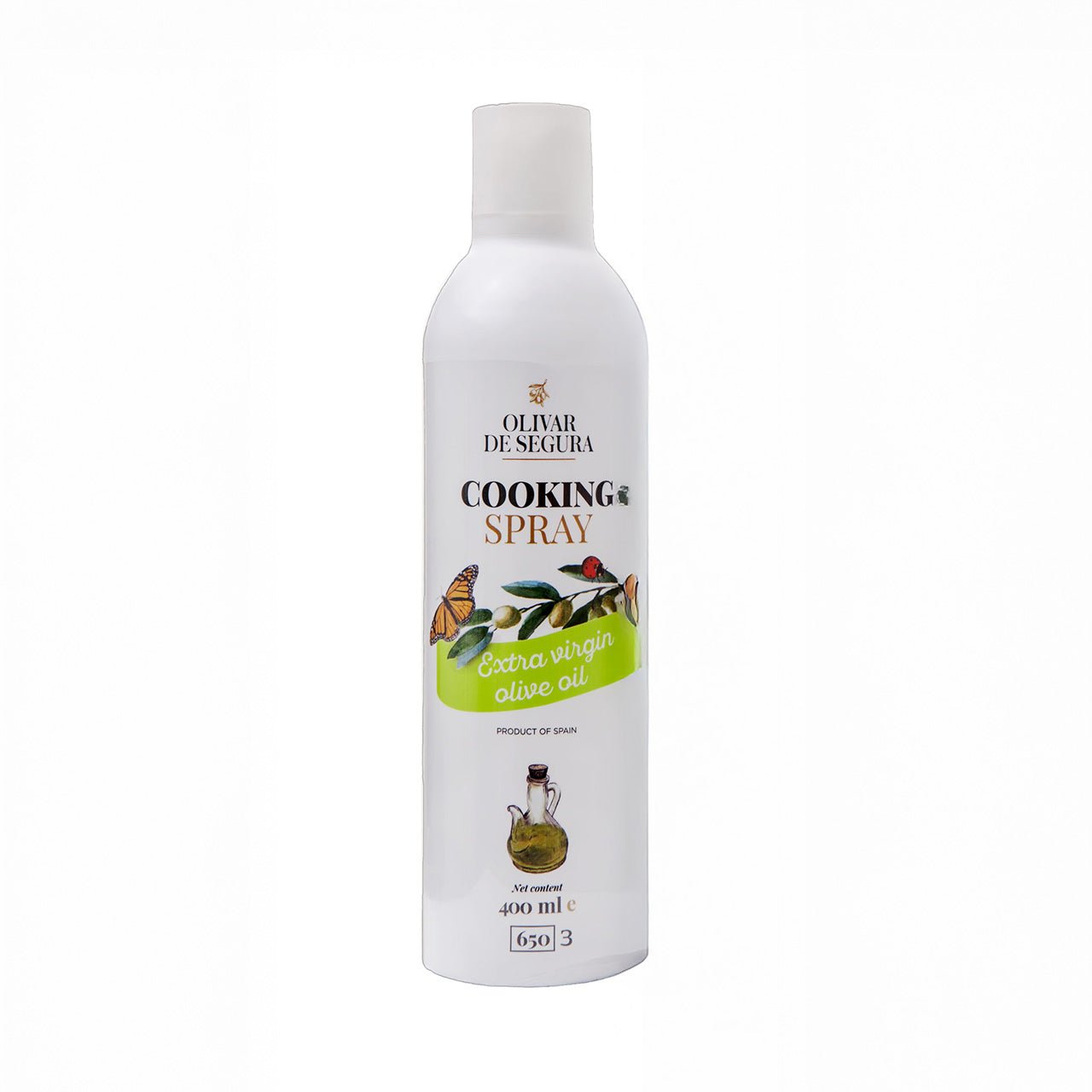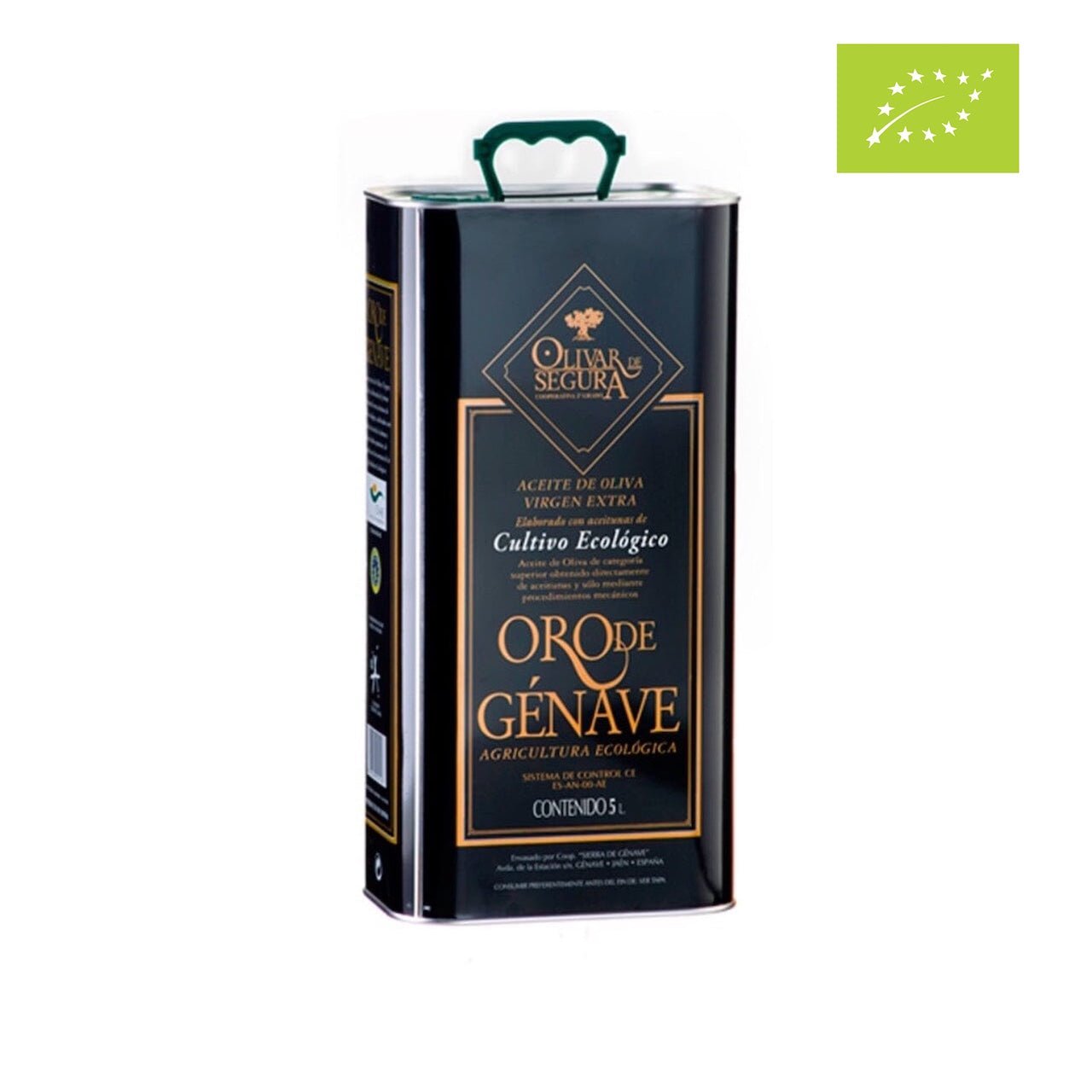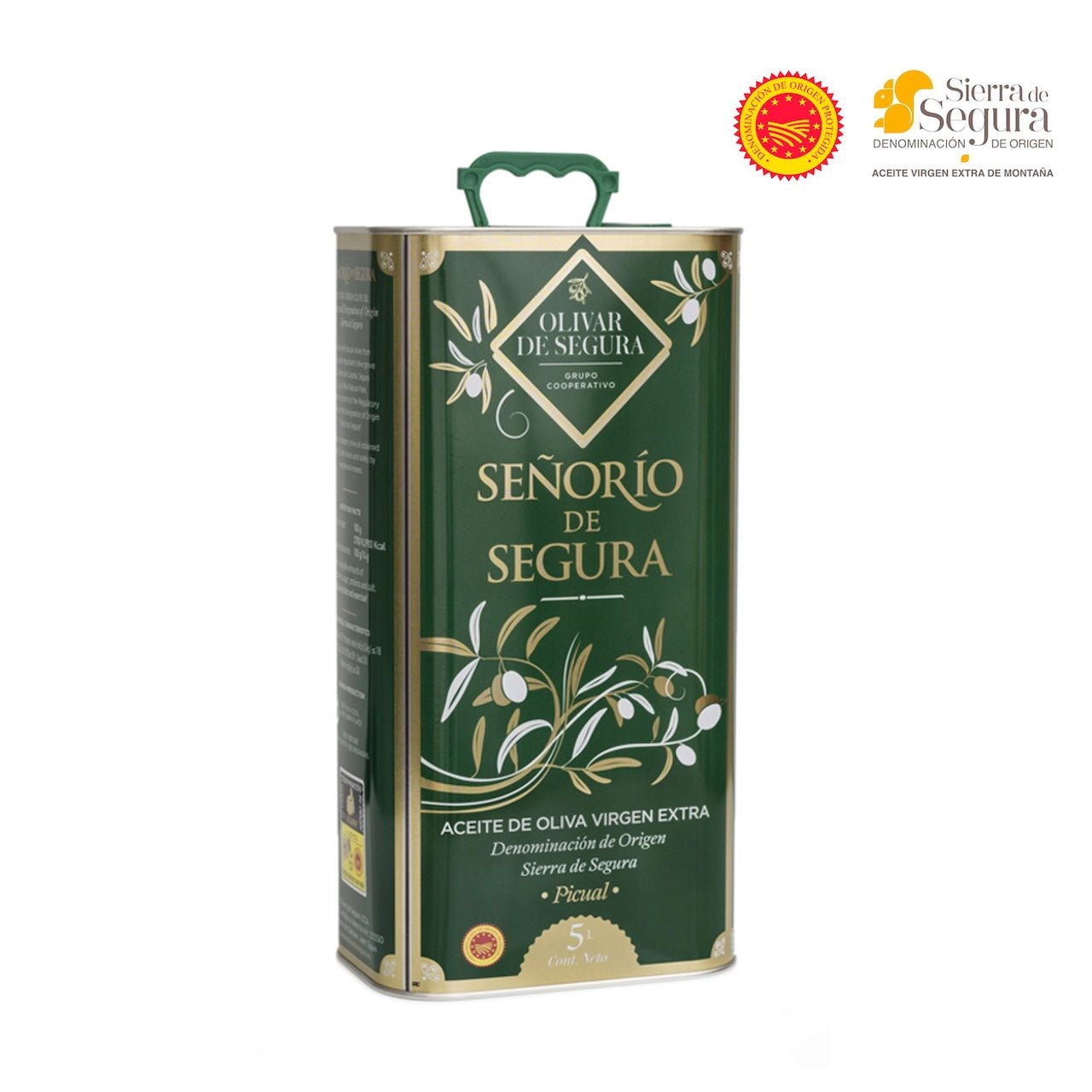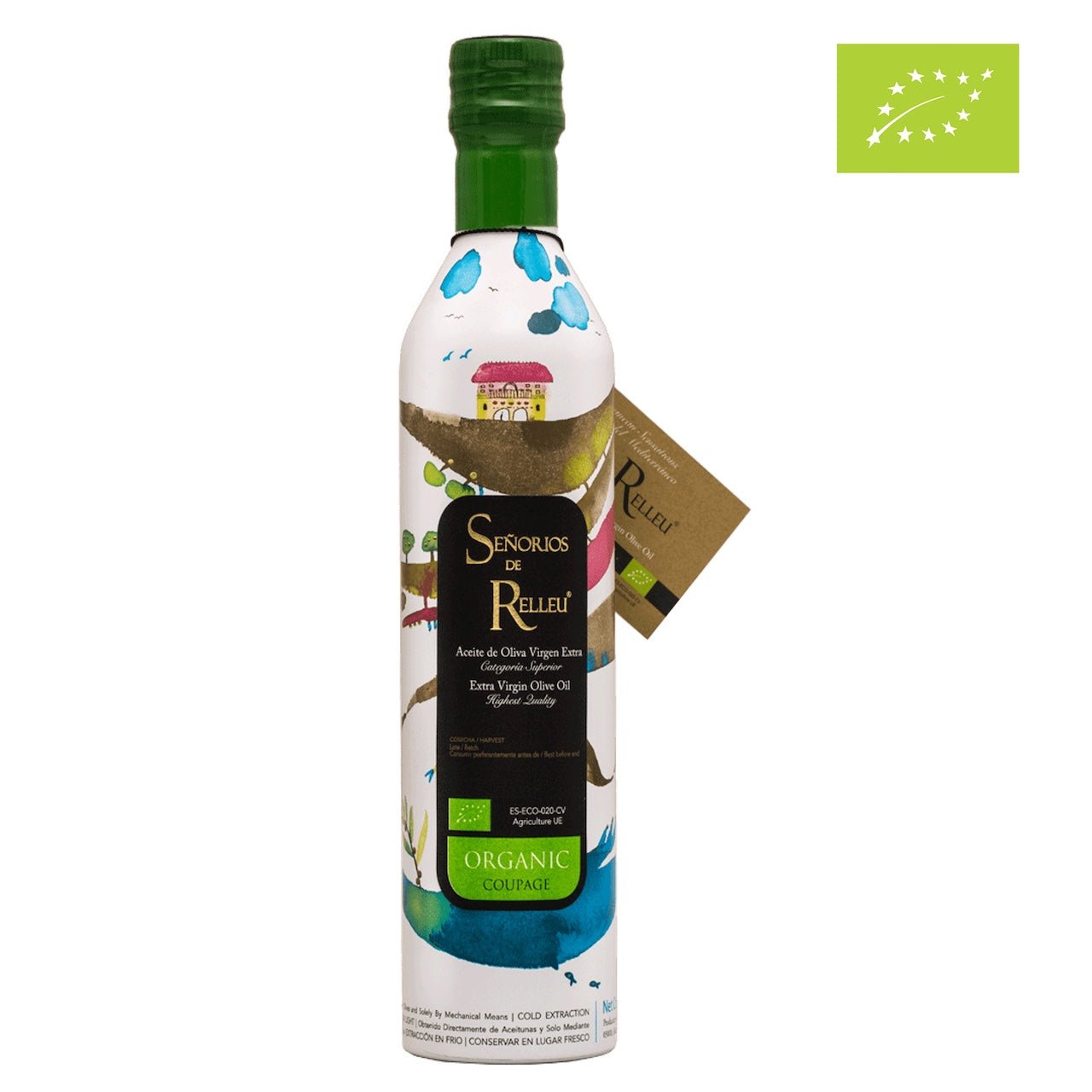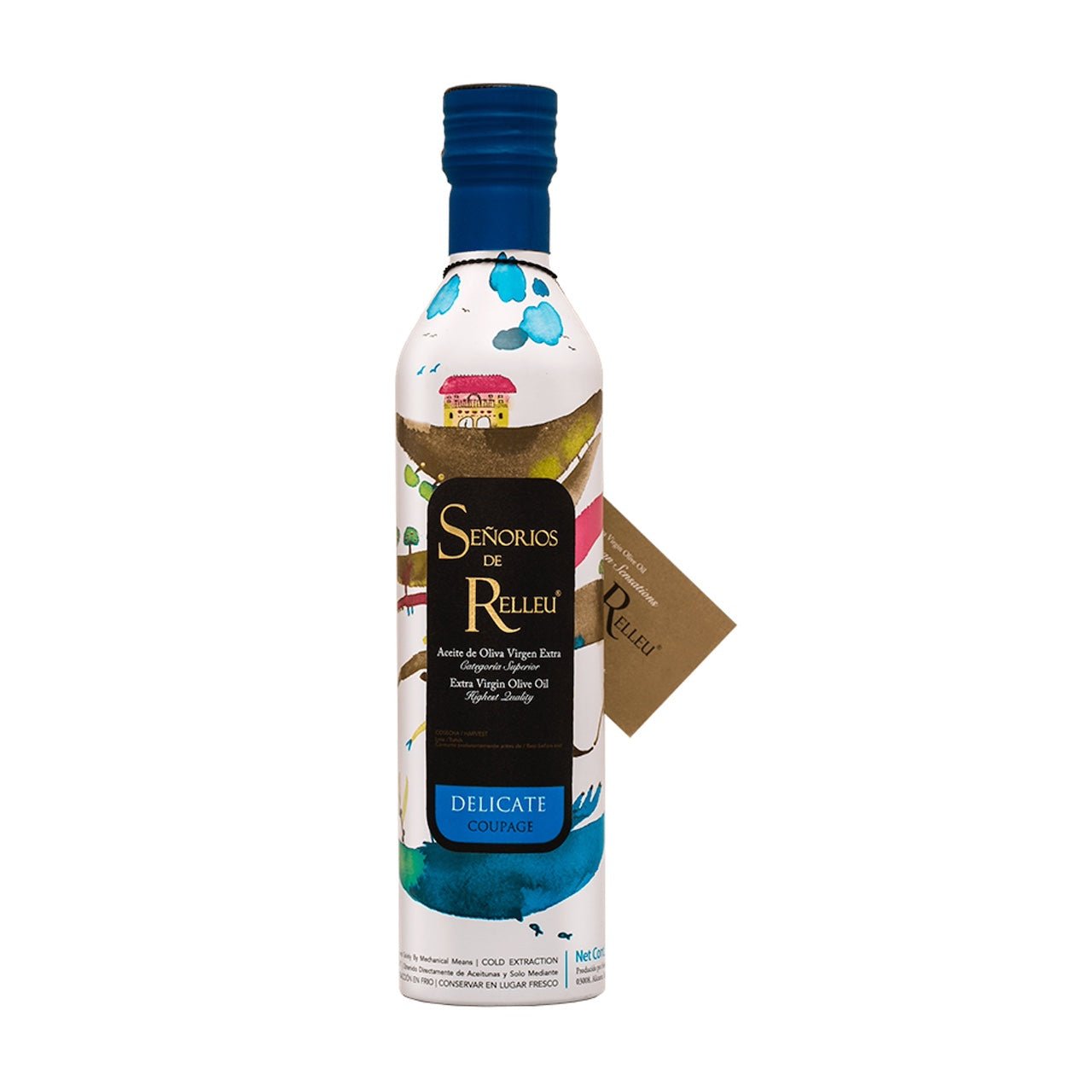
What is the difference between the extra virgin olive oil I sell and supermarket olive oil? The extra virgin olive oil meets the quality criteria associated with the protected designation of extra virgin olive oil because of its exceptional quality.
Since I started selling extra virgin olive oil, I regularly receive photos via WhatsApp showing a bottle of olive oil from the supermarket, with the question why that olive oil is cheaper than the olive oil I sell in my webshop. I then explain that it is mainly in the quality of the oil and the production process. Due to the high demand for this "Spanish gold" there is a whole industry behind it and unfortunately also due to ignorance of what quality is, much misunderstanding but also unfortunately abuse. In this blog I want to go into this in more detail.
What makes extra virgin olive oil so incredibly popular?
To better understand why olive oil is so popular, I want to tell you a little more about olive oil. What everyone knows is that olive oil is produced by pressing olives, the fruits of olive trees. It has been used for centuries in Mediterranean cuisine because of its taste and its enormous health benefits. For example, olive oil is rich in monounsaturated fats, antioxidants and vitamin E, which makes it incredibly healthy.
In this blog, by “supermarket olive oil” I mean the refined olive oil varieties that are usually sold in supermarkets under names such as “olive oil”, “regular olive oil”, “mild olive oil”, “classic olive oil”, etc. When the bottle says “extra virgin olive oil” or “extra vergine olive oil” you can assume that you are buying good quality olive oil.
So what is the difference between supermarket olive oil and extra virgin olive oil?
Regular olive oil can be found in most supermarkets and is an affordable option as it is produced in large quantities. Extra virgin olive oil however is at the top of the olive oil hierarchy due to its quality, taste and follows strict quality characteristics. The difference can be broken down into the following elements
Production process:
- Supermarket olive oil: often undergoes industrial processes where olives are harvested and pressed on a large scale. The pressing may be the second pressing, where the remains of the first pressing are heated and sometimes also chemically processed.
- Extra virgin: it doesn't get any purer than this. The olives are mostly harvested by hand and then cold pressed (first pressing), without heating or chemical processes.
Quality
- Supermarket olive oil: this is often a mix of different olive oils, from different types of olives, regions and often countries. People are happy to pay a little more for Italian olive oil because of its charm. Not knowing that this is often a blend with Spanish olive oil. Italy is the largest importer of Spanish olive oil worldwide.
- Extra virgin: this must meet the strictest requirements and standards. It may have a low acidity of maximum 0.8%. More about this on my page about my olive oils .
Taste :
- Supermarket olive oil: flavor can vary, but is often very mild and lacks the complexity and depth of extra virgin olive oil.
- Extra virgin: the taste is much more complex with notes of fruit, herbs and a light pepper. If it is really good olive oil you can also feel it burning in the back of your throat, due to the large amount of polyphenols. A nice bridge to health aspects
Health
- Supermarket olive oil: like extra virgin olive oil, this contains monounsaturated fats, but will contain far fewer antioxidants, which means some of the health benefits are lost.
- Extra virgin: is rich in antioxidants and unsaturated fats with proven health benefits, including reducing inflammation and lowering the risk of heart disease. At a tasting last summer, my hostess called it "natural aspirin."
Why choose extra virgin?
As I explained in this article, the taste experience, health benefits and quality are many times better. It will certainly be a culinary delight for gourmets and enthusiasts.
However, this also has an impact on the price of olive oil. Extra virgin olive oil is often more expensive than supermarket olive oil. However, it is more than worth the investment, knowing that a bottle will last quite a while.
To avoid a "we from wc duck, advise wc duck" impression, renowned programs and authors say the same thing. My personal favorite is the inspection service of values and explain their opinion on olive oil in this article .
Unfortunately, it is true that there are also abuses on the market. Among other things , well-informed circles wrote about this. This morning I came across this youtube documentary that shocked me enormously:
(copyright: Johnny Harris)
Extra virgin olive oil from Casa Gomez
The olive oil I sell is fortunately all extra virgin and I have received the necessary certifications from my suppliers. I have a good relationship with my suppliers and have been able to see with my own eyes where the olives grow, where they are pressed and bottled. That is also the nice thing about family who are involved in this daily.
It gives me a good feeling that I can guarantee that the olive oil I sell is really extra virgin and that I can also guarantee through "denominacion de origen" that the olive oil is produced in the Sierra de Segura and that the olive oil from Señorios de Relleu meets the quality characteristics of extra virgin olive oil.
My apologies in advance if you ask me what the differences are between the olive oils that I sell, and I answer that my "entry-level olive oil" is already of the highest quality. The difference in the quality of the olive oil that I sell is mainly in the moment of harvest, which makes the extra virgin olive oil from the early harvest more exclusive than that of the regular harvest.
Curious about the olive oil I sell? Order the olive oil via my webshop or send me a message to info@casagomez.nl

